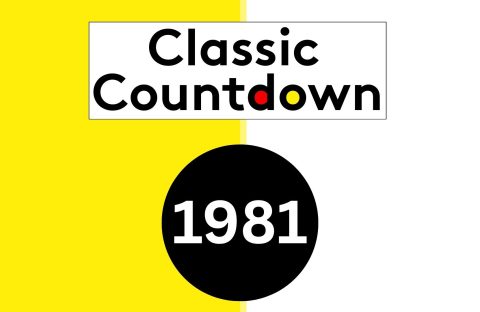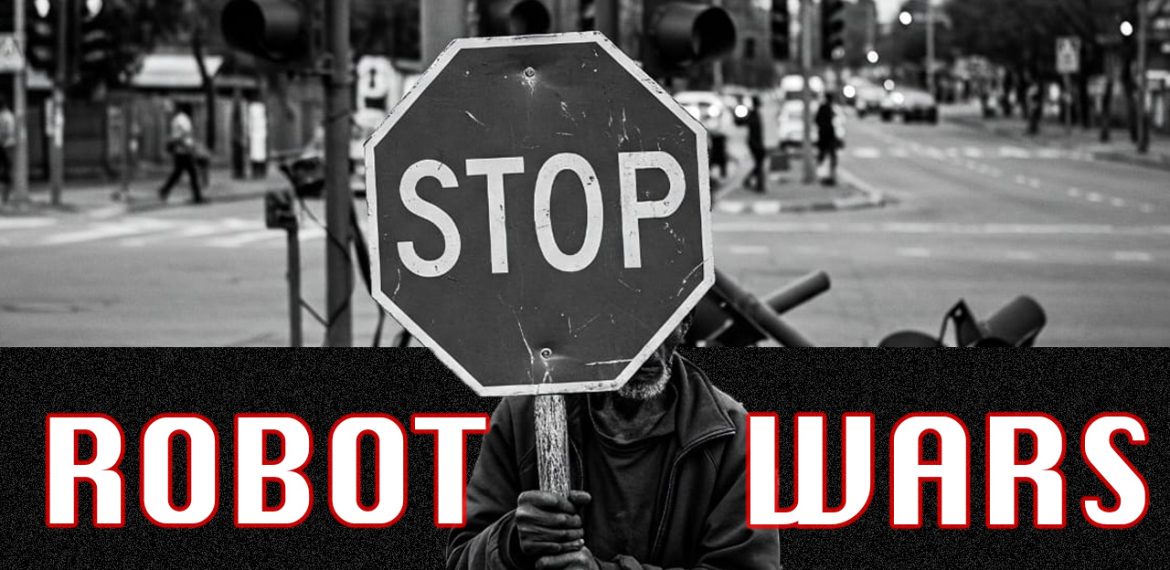
Gauteng’s traffic light crisis: Robot Wars
Gauteng’s traffic light crisis: Robot Wars
Gauteng’s traffic light crisis: Robot Wars
The ongoing traffic light crisis in Gauteng is no longer just about longer commutes and road frustration—it’s now an economic and social disaster. With over 400 traffic lights out of order, motorists face dangerous intersections, chaotic congestion, and hours lost in gridlock, while the government continues to make empty promises with no clear solutions in sight.
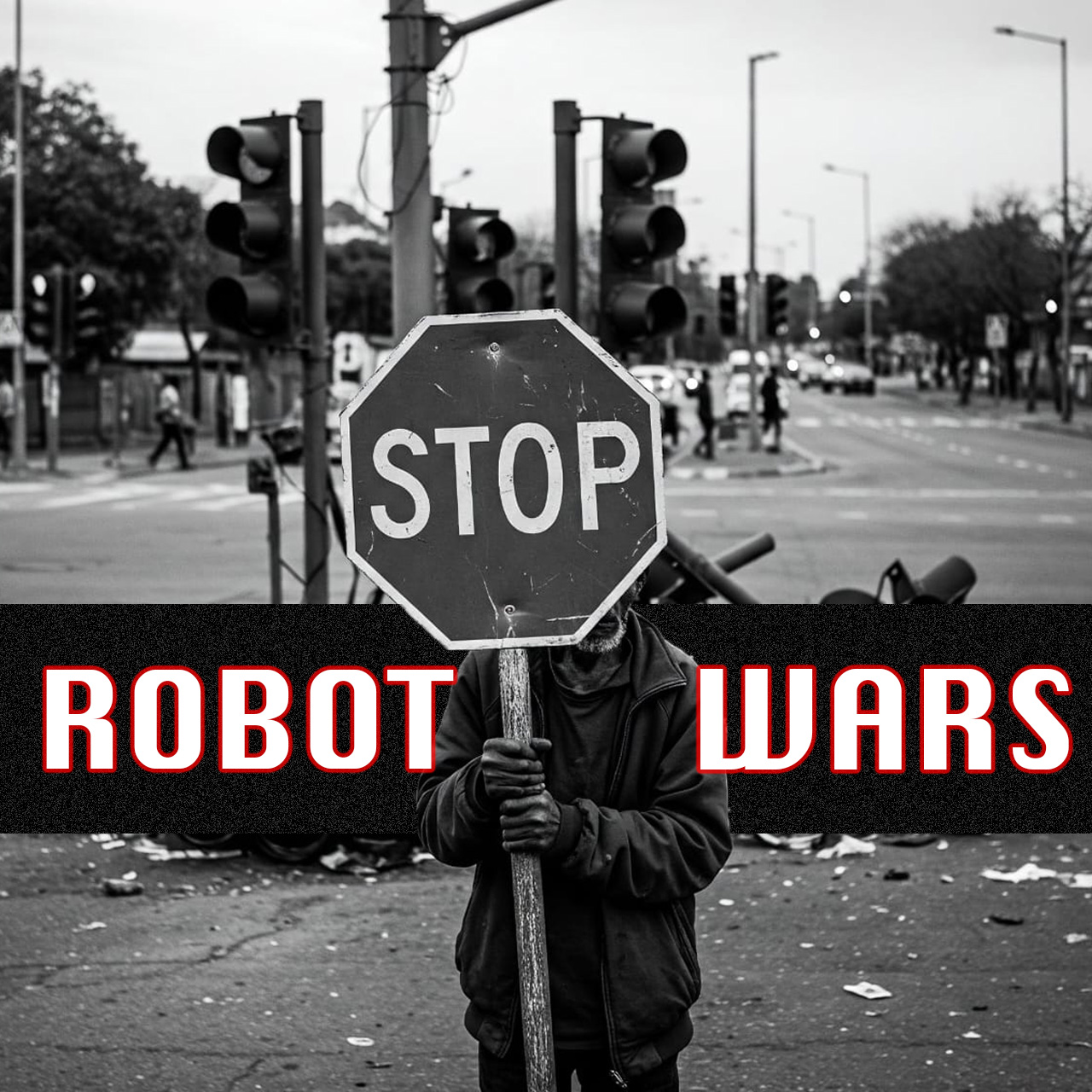
Frustration grows as promises go unfulfilled
For months, Gauteng motorists have been forced to navigate dysfunctional roads, often relying on vagrants illegally directing traffic while officials fail to deliver real solutions. Commuters speaking to HOT 102.7FM expressed their growing frustration:
“My 40-minute trip now takes an hour and a half—on the exact same route at the exact same time. It’s a disaster!”
“It’s shameful, it’s pitiful. This has been going on for too long.”
According to OUTA CEO Wayne Duvenage, the government is failing to meet even the most basic service delivery standards. “They’re not fixing the poles that get knocked over. That alone would take care of over 100 intersections. Repairs that used to take 24 to 48 hours now take a week—if they happen at all.”
A Syndicate at Play for Gauteng’s Traffic Light Crisis?
Government officials blame criminal syndicates for the worsening crisis. Lecibe Mpia, spokesperson for the Provincial Department of Roads and Transport, told HOT 102.7FM that theft and vandalism are major obstacles.
“We now believe this is the work of a syndicate,” Mpia explained. “We repair a traffic signal, and by the next morning, it’s broken or flashing again.” Despite acknowledging the severity of the crisis, Mpia refused to commit to a timeline for repairs, leaving residents in a state of uncertainty.
Read More: Gauteng Premier Vows 72-hour Pothole Fixes, Doubts Remain
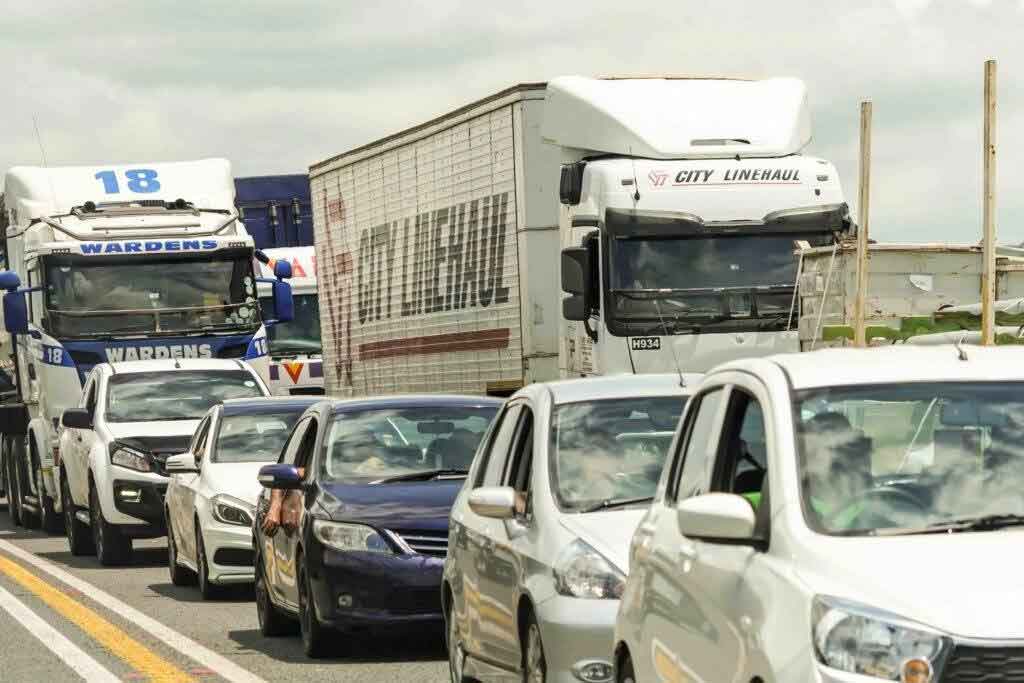
Jobs and investment at risk
What was once seen as just a traffic issue is now threatening Gauteng’s economy. According to DA Shadow MEC for Roads and Logistics Everett Duplessis, the crisis is harming mental and physical health, and in some cases, costing people their jobs. “People who used to commute for 20 to 30 minutes are now sitting in traffic for 2 to 3 hours, some workers are being fired for arriving late. Bosses don’t want to hear ‘traffic’ as an excuse.”
Even more concerning, businesses are losing faith in Gauteng’s infrastructure and moving operations elsewhere. “Companies are relocating their headquarters offshore. Shopping malls are emptying. Warehouses are being abandoned. If we don’t turn this around, property values will plummet, and Gauteng will be left with stranded assets.”
Illegal “Trafficpreneurs” take over intersections
With vagrants now directing traffic, Joburgers are asking why law enforcement is allowing this to happen. At major intersections like Malibongwe Drive, homeless individuals like Siabonga have been illegally directing traffic for months. Speaking to HOT 102.7FM, he admitted that while some motorists appreciate his help, others are less receptive.
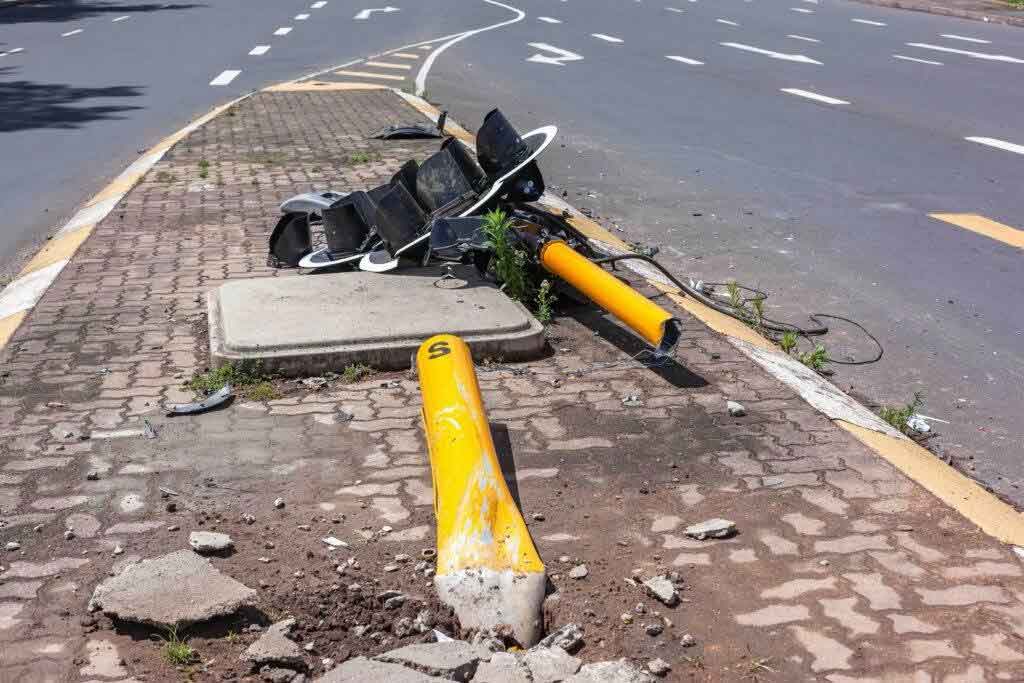
“Some days, I can make R300 or even R400, depending on how people donate.” He also acknowledged hearing rumours about vagrants tampering with traffic lights, though he insists he works alone to avoid such activities. “I don’t work like that. I was begging, not calling cars. That’s why I don’t like to work with other people.”
Authorities claim these individuals are not allowed to control traffic, yet Metro Police officers have been spotted chatting with them or even handing out cigarettes, instead of removing them. According to Eva Dip, DA Shadow MEC for Roads and Logistics, this normalization of lawlessness is deeply concerning. “We see Metro Police driving past, sometimes even stopping to chat. We have become desensitized to what exactly is happening in our country.”
School run is now a nightmare
For many families, mornings have turned into a race against time, with traffic jams delaying school drop-offs.
“I find all these robots being out unrelenting. It’s the most annoying thing. My kids are always late for school because it’s the same robots, the same traffic lights, always out.”
“It takes us so long to get to school that I actually have to offer her a snack in the car.”
Some parents have had no choice but to wake up even earlier, meaning kids are arriving at school nearly 45 minutes before classes even start just to avoid traffic.
“We have to leave much earlier. But it’s also hard on the kids because now they must be at school nearly an hour before school even starts.”
Meanwhile, Gauteng Roads and Transport Department spokesperson Lucie Bampierre has urged residents to be patient, but once again, no concrete timeline has been provided. “We apologize for the inconvenience caused. We are urging residents to bear with the department as we attend to the problem. We can assure them we are not resting on our laurels—we are doing everything we can.”
Now hitting small businesses hard
As Joburg’s traffic gridlock worsens, businesses are feeling the impact, with lost revenue, frustrated clients, and even declining customer numbers. For Giancarlo Federico, a tuition company director in Chartwell North, every delay causes a chain reaction. “What used to be a 10-minute drive now takes 30 to 45 minutes. Because I have back-to-back lessons, if I’m late for one, I’m late for all the rest.”
For Sharon, who works with horses in the emotional wellness field, the impact is just as severe.“Many of my clients are struggling to get to me and back home. It’s starting to affect my income. Some people have dropped out altogether—they just can’t face the traffic situation.”
Even businesses that depend on strict schedules are feeling the pain. Matthew Pauly, owner of SwimSafe Academy on Witkoppen Road, says the crisis is causing major disruptions. “Students are arriving late or missing lessons entirely. Some clients have decided not to sign up at all because traffic is too much of a hassle.”
For Uber drivers and new motorists, the situation is just as bad. “It takes me 20 to 30 minutes just to book an Uber. The prices have increased so much—it’s a nightmare.”
“Our busiest time is the morning rush hour, where we’d normally make 7 to 8 trips. Now, because of the traffic lights being out, we’re lucky to get 2 trips in. We aren’t making enough money.”
Final Thoughts
Gauteng’s traffic light dilemma is a growing social and economic catastrophe. Residents continue to struggle with traffic jams, job losses and deteriorating infrastructure in the absence of obvious government answers. Stay informed and join the conversation—tune in to HOT 102.7FM for the latest information!
Listen to all the Robot Wars podcasts below:


